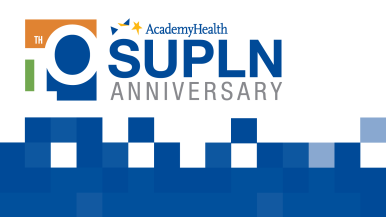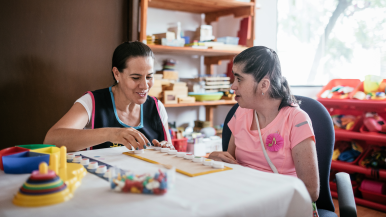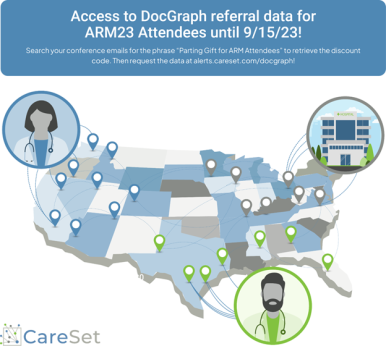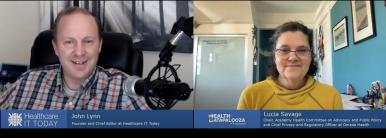Ahead of Health Datapalooza, CMS Commits to Better Health Data Access
The initiative invites private companies to improve health data usability, offering potential benefits for research and policy but raising questions about public data stewardship and transparency.



